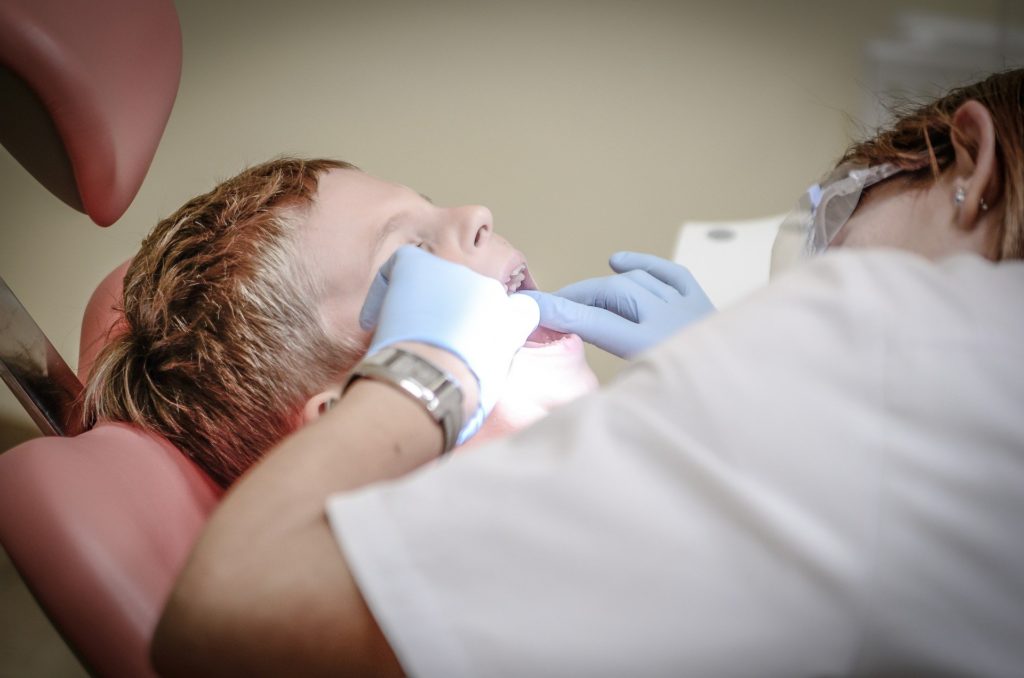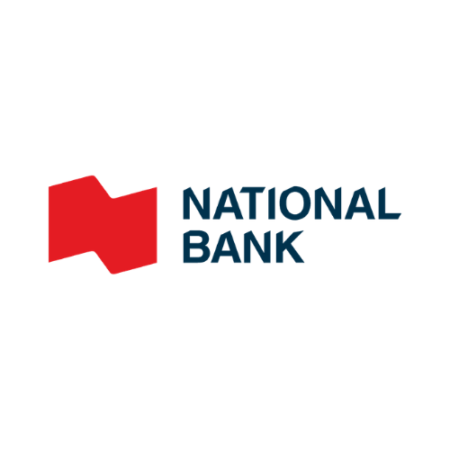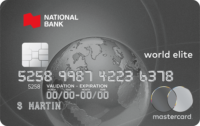The subtleties differ from one credit card to another. Indeed, they are not all equivalent.
The number of days covered, the maximum age and the eligible amounts vary from policy to policy.
What you need to know
The amount of coverage
Most credit cards will provide EMC coverage up to $5,000,000 per person for the duration of the trip. This amount is generally for all conditions except exclusions.
In addition, in this time of pandemic, some credit card insurances offer protection against hospitalization due to COVID-19.
As for oral care, the work is covered only between $500 and $3,000 depending on the nature of the accident. Also, most contracts reject claims for root canal treatments.
Indeed, extensive cavities do not appear overnight, but the pain does! If you submit a claim for a toothache, it would most likely be denied if the tooth could have been repaired before you left.
Finally, dental problems and fractures that result from lack of care, neglect or poor hygiene will not be covered either.

Covered individuals
In most cases, to benefit from emergency medical care insurance, you only need to be a credit card holder. For the others, expenses (partial or full) must be charged on them.
Your spouse and children travelling with you will also be covered. However, if the spouse is travelling alone, he or she is protected only when registered as an authorized user on the credit card.
The definition of a dependent child differs from company to company. For example, the baby must be at least 30 days old with the National Bank’s World Elite Mastercard®, while with the Desjardins Odyssey World Elite Mastercard, the requirement says 15 days old.
Then, here are examples of the variations in coverage for a baby born abroad:
- National Bank’s World Elite Mastercard®: a child born during the first 32 weeks of pregnancy without risk
- Desjardins Odyssey World Elite Mastercard: a child born while travelling is automatically covered by the mother’s insurance policy under certain conditions
- TD® Aeroplan® Visa Infinite* Card: a child born outside will not be covered, even if the mother is well insured
Coverage by age and length of trip
Depending on the insurance company, the coverage will vary depending on the number of days and the age of the person.
People under 54 have the most extensive coverage. It can be up to 30-60 days with most credit cards EMC insurance.
After that age, the choices are more limited and we may have to turn to a private company to meet our needs.
When a trip exceeds the number of days covered, coverage is void for the entire trip. A private insurance, for the total duration of your absence, will therefore be necessary.
Finally, an extension of coverage is possible with certain institutions. Desjardins Insurance is an example.
What is covered by EMC insurance
Eligibility Criteria
In general, these criteria are very similar from one card to another.
The following conditions must be met:
- having activated the credit card before leaving
- maintaining an account in good standing
- being a Canadian resident
- being eligible for provincial government health insurance (at the time of purchase and for the duration of the trip)
Ideally, insurance should be contacted before consulting and consenting to further treatment. In the event that you are unconscious, another person should ideally call.
If they cannot be reached, your claim may be rejected or a penalty may be payable.
Eligible expenses
The following are various eligible medical expenses:
- hospitalization costs
- expenses incidental to hospitalization (transportation, telephone, parking, etc.)
- emergency dental care (exclusions apply)
- medical accessories (wheelchairs, crutches, etc.)
- health professional fees
- prescription drugs
- transportation and medical transfer costs (by road or air)
- repatriation and attendant costs, if necessary
- the cost of transporting a relative to the insured person’s bedside (if the attending physician deems it important)
- costs for the return of the vehicle and luggage
- assumption of responsibility for the remains in the event of death and repatriation of the remains/ashes in accordance with the wishes of the insured person and/or their family
- living expenses if return to province of residence is delayed
- follow-up costs up to 15 days after return (accommodation, transport, accessories, home nurse, etc.)

Throughout the period of care, the insurer will communicate closely with you or the responsible physician.
The insurer is within its rights to request repatriation to limit costs. As soon as your health permits, the insurer may request a transfer to continue treatment in your home province.
What is not covered by EMC insurance
By definition, EMC insurance covers the care required in the event of an accident or sudden, unforeseen health problem while abroad.
However, it is very important to note that you will not be insured in the following cases.
Pre-existing conditions
This is defined as an illness, injury, condition or symptom for which:
- a doctor was consulted
- you had an exam
- you were hospitalized
- you have been prescribed a new drug or treatment
- there has been a change in the dosage of medication or treatment
The insurer requires a stability period that varies according to age; it is generally between 3 and 6 months.
Particularities in terms of cardiac, pulmonary and oncological problems are also to be noted.
Other ineligible situations
Different situations ineligible for emergency medical insurance:
- Competitions where you can win money (e.g. car racing)
- Extreme sports (when a waiver must be signed)
- Drug and alcohol abuse and drug use
- A war or terrorist act
- Aesthetic treatments
- Care that is not covered in your home province
- Complications following elective care

How to make a claim?
First of all, always contact the insurer for approval before consulting and receiving treatment.
Then, if you need more care, the insurer will ask you for additional information such as the results of your blood test or X-rays. Professionals, affiliated with the insurance company, will review your file as you go along.
When you are discharged from the hospital or clinic, the insurer may provide you with a claim form for EMC incurred during your trip. This way, you won’t have to pay anything.
However, it is also possible to pay the expenses and be reimbursed by cheque following the application.
You must keep:
- all evidence of the accident or illness
- the medical certificate from the attending physician confirming the illness and the treatment received
- a proof of the expected duration of the trip
- invoices for expenses claimed

The best credit card EMC insurance
The best cards stand out mainly in terms of the amount of coverage, the travel period covered, the eligible age groups and the amount to be charged to the card.
Conclusion
Personally, I highly recommend the National Bank’s World Elite Mastercard®, which offers some of the best insurance on the market and protects us from emergency medical care simply by being a cardholder.
I had to call on them several times, but fortunately the service and care was always excellent. Finally, all claims were made very easily.









